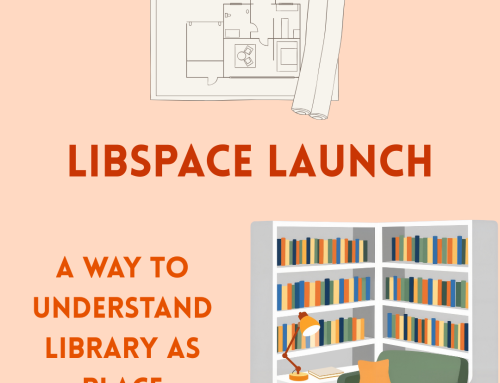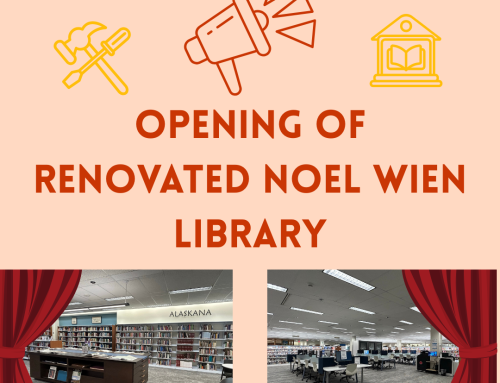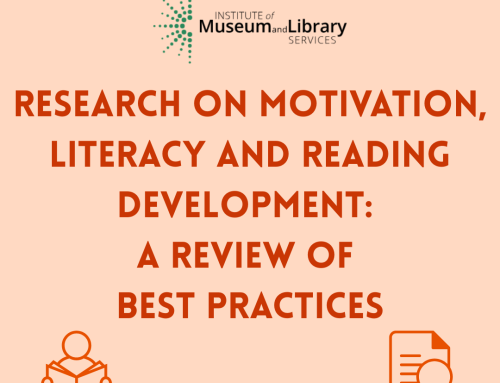What does it take to turn “many libraries” into One Libraries? For Rutgers University Libraries, it means breaking down silos, rebuilding trust, and reimagining how we work together as a system.
The years following the pandemic revealed both our resilience and our vulnerabilities. Like many institutions, Rutgers University Libraries faced staffing shortages, budget constraints, and the urgent need to rethink how our structures support our ability to serve diverse university and statewide communities. Our libraries often operated independently, each focused on the specific needs of its campus creating inefficiencies, duplication of effort, and imbalances in services. It became clear: to thrive and meet the demands of the future, we needed to operate as One Libraries.
Our reset journey is guided by three organizational priorities that shape our transformation:
🔹 One Libraries
We have committed to building a shared identity rooted in collaboration and consistency. Our first step was to realign the Libraries in accordance with the university policy that defined us as a library system with one collection serving all students, faculty, and staff of the university as well as the citizens of New Jersey. This meant breaking down structural and cultural barriers that separated local library units, clarifying our mission, and envisioning a shared direction.
🔹 Becoming a Learning Organization
Our people are our greatest strength. We are proactively investing in enrichment opportunities that will prepare staff and faculty for the evolving landscape of academic libraries and developing an internal initiative, EmpoweRU, a library-focused leadership development program.
🔹 Building a Culture of Assessment
To demonstrate impact and accountability, we developed a new assessment framework focused on outcomes, not just inputs and outputs, with guidance and support from Martha Kyrillidou, PhD, CEO of Quality Metrics, LLC. We have identified metrics that demonstrate how our work directly impacts institutional priorities such as student success and research output. This approach to assessment ensures that our contributions are visible, aligned with university goals, and communicated transparently and effectively to all stakeholders.
The shift from silos to system is not just about efficiency—it is about trust, transparency, and alignment.
Today, Rutgers University Libraries is better positioned to serve as a unified and innovative system. By focusing on our organizational priorities, we are not only reimagining how the Libraries function but also reinforcing our role as a critical partner in advancing Rutgers’ mission of academic excellence, research innovation, and community impact.
RutgersUniversityLibraries Leadership ChangeManagementHigherEd OneLibraries OrganizationalDevelopment
This post was originally posted in LinkedIn by Consuella Askew and reposted here with permission.








Leave A Comment
You must be logged in to post a comment.